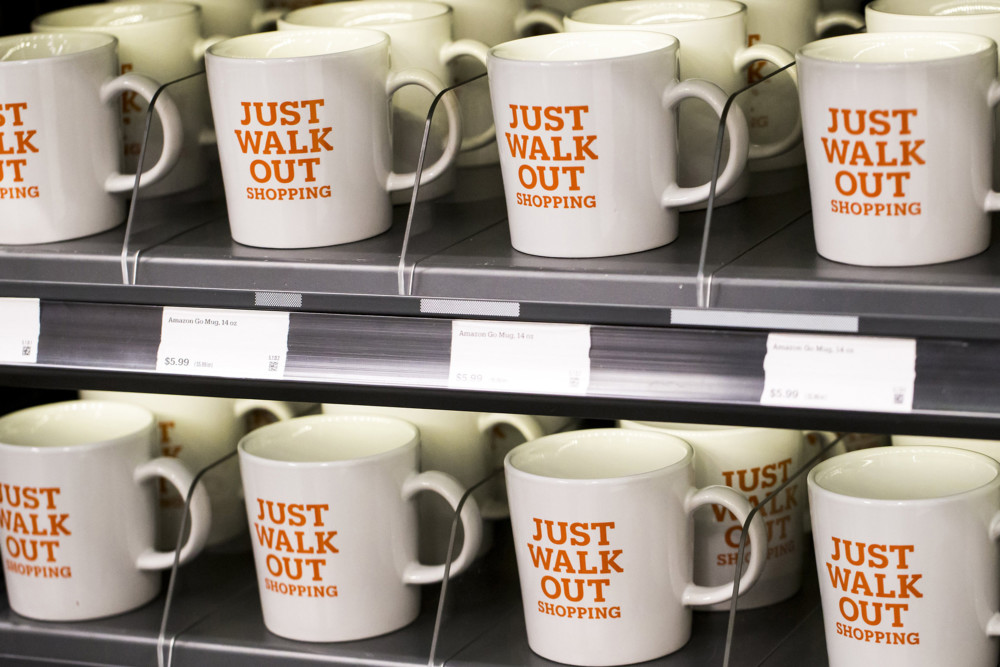By Christian Hetrick
The Philadelphia Inquirer
WWR Article Summary (tl;dr) Supporters of the new law said it was needed to protect low-income Philadelphians from discrimination.
The Philadelphia Inquirer
Philadelphia will become the first major U.S. city to force shops to take cash after Mayor Jim Kenney signed off Thursday on a law that would ban so-called cashless stores.
With the exception of some businesses, the ordinance will prohibit most retail locations from refusing to take cash or charging cash-paying customers a higher price. Violators of the law, which will take effect July 1, will face fines of as much as $2,000.
Passage of the law runs counter to the growing trend of businesses migrating to only cards and mobile devices for payments as fewer consumers carry cash. It’s also reminiscent of an obscure 1984 Pennsylvania law that sought to protect consumers without credit cards.
Supporters of the new law said it was needed to protect low-income Philadelphians from discrimination. But the measure carves out some businesses from the cash requirement and therefore does not go far enough, said advocates for residents in poverty.
A city spokesperson cited Philadelphia’s 26 percent poverty rate and noted that many poor consumers still do not have access to bank accounts in explaining why Kenney signed the bill into law despite “continued concerns about how this legislation might impact innovation in our retail sector.”
“We will continue to monitor this, as we face the ongoing challenge of growing our economy while ensuring that growth is inclusive,” the spokesperson said in a statement.
The ordinance will affect the operations of several city stores and had attracted backdoor lobbying by online retail giant Amazon, which wanted an exemption from the cash requirement as it looks to open a chain of cashierless Amazon Go convenience stores across the country.
As technology gives consumers more ways to pay, including with their smartphones, some stores have gone cashless to improve efficiency, reduce the risk of robbery, and avoid the hassle of handling cash.
In Philadelphia, that includes the salad chain Sweetgreen, the coffee shop Bluestone Lane, and several locations at the University of Pennsylvania food hall, Franklin’s Table. None of them returned requests for comment.
Proponents of the new ban argue that cashless stores effectively discriminate against poor consumers who do not have access to credit or bank accounts. Nearly 6 percent of residents in the Philadelphia region were unbanked in 2017 and roughly 22 percent were considered “underbanked,” according to the Federal Deposit Insurance Corporation.
Amazon warned Philadelphia officials behind closed doors that a ban on cashless stores would force it to reconsider its potential plans for Amazon Go stores in Philadelphia. Emails obtained by the Inquirer showed that the web giant also lobbied city officials to try to carve itself out of the cash requirement.
An Amazon spokesperson declined comment.
Amazon plans to open up to 3,000 Amazon Go cashierless stores across the country over the next few years. The convenience stores allow consumers with a mobile app to grab items they need and leave, eliminating the need for a traditional checkout process. After the customer leaves, Amazon charges the user’s online account.
Retiring Councilman William Greenlee, a Democrat who sponsored the bill along with fellow Democrat Maria Quinones-Sanchez, has said the law’s language should allow Amazon to open its stores in the city.
But Amazon and its legal counsel don’t think that the language is applicable to the Amazon Go model, according to Lauren Cox, a Commerce Department spokesperson. In particular, Amazon has concerns with the word “membership” because the company’s “Prime” membership is not required to access Amazon Go stores, Cox said in a statement last week.
The law does exempt some businesses from the cash requirement. Parking lots and garages, wholesale clubs, retailers that accept mobile payments through membership programs, and rental companies can still stop taking cash.
Sales made by phone, mail, and online will also be excluded, as well as goods and services sold exclusively to employees.
Mariana Chilton, director of the Center for Hunger Free Communities at Drexel University, said she supports the ban on cashless stores, which she said are exclusionary. But the carve-outs for some businesses diminishes the new law, she said.
“I think it presumes people who are low income don’t want to park their car or don’t use BJ’s (Wholesale Club),” she said, adding that the exemptions demonstrate that “City Council will kowtow to big business and that’s wrong.”
In a statement, the Pennsylvania Restaurant & Lodging Association said that it should be businesses, not government, that should decide whether to go cashless.
“Businesses should be able to run their business how they see fit, without government interference,” said the trade group, which represents thousands of businesses in the restaurant, hotel, and tourism industries.
But not all business groups opposed the ordinance. A spokesperson for Cardtronics, the world’s largest ATM operator, called Kenney’s signing the bill into law “a great day for consumer payment choice.”
“Cardtronics applauds the mayor and city lawmakers of Philadelphia for recognizing the need to protect cash, the foundation of our economy,” spokesperson Crystal Wright said.
Americans are less reliant on paper bills and coins, according to a Pew Research Center survey released in December. The survey of 10,683 U.S. adults found that 29 percent said they made no purchases using cash during a typical week, up from 24 percent in 2015. Likewise, those who made all or almost all of their weekly purchases with cash dropped from 24 percent in 2015 to 18 percent today, according to the survey.
Massachusetts was the first state to pass a law requiring retailers to accept cash, in 1978.
New Jersey lawmakers overwhelmingly approved a bill banning cashless stores in January, sending the legislation to Gov. Phil Murphy, who can sign or veto the measure. Similar legislation has been introduced in Chicago, New York City, San Francisco, and Washington, D.C.














































































































































































































































































































































































